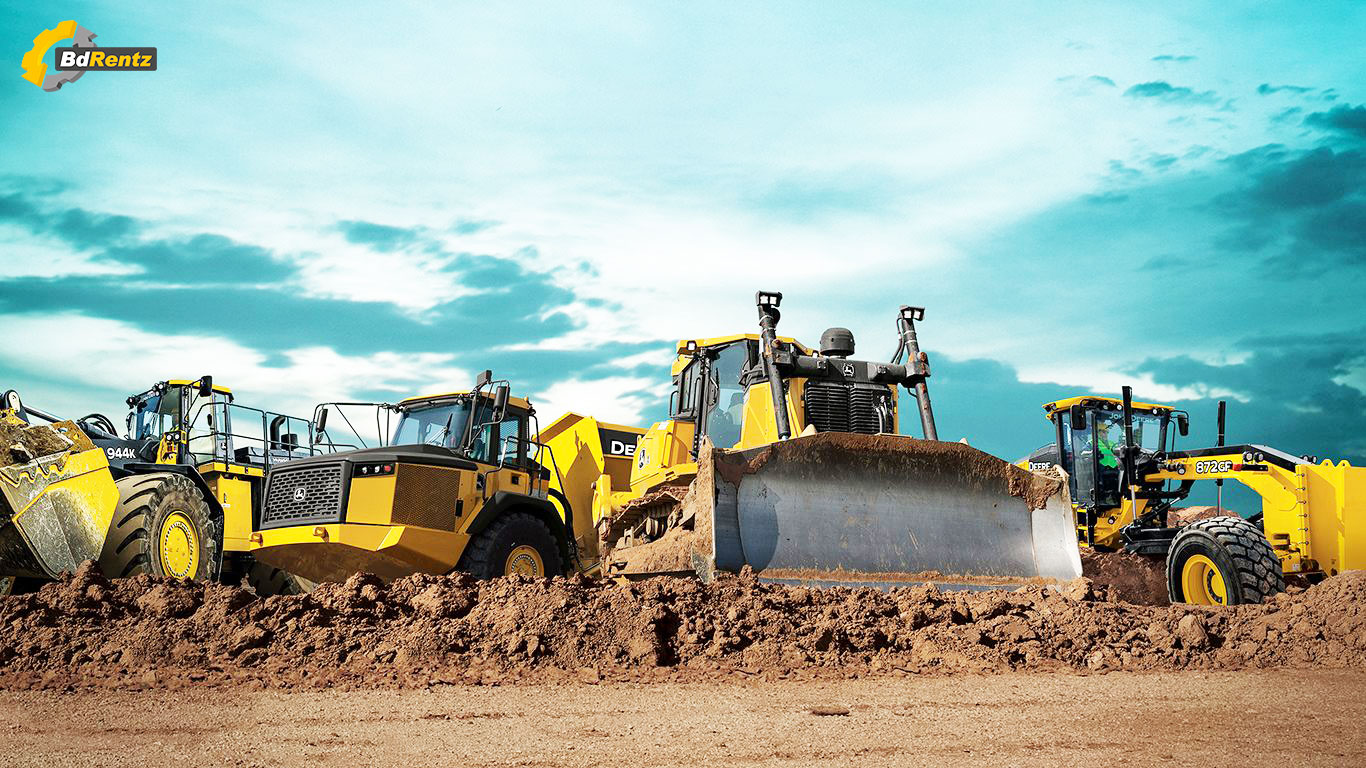Forklift Rental: Heavy Training Equipment for Warehousing and A lot more
Forklift Rental: Heavy Training Equipment for Warehousing and A lot more
Blog Article
Optimize Your Budget Plan by Understanding the Prices Linked With Construction Equipment Services
Recognizing the full scope of expenses associated with building tools rentals is important for optimizing your spending plan. What strategies can be utilized to properly manage these expenses and make sure an extra effective rental experience?
Summary of Rental Prices
When thinking about building and construction tools rentals, recognizing the associated prices is critical for reliable budgeting and job planning. Rental expenses can differ considerably based upon a number of factors, including tools type, duration of rental, and area. The preliminary rental fee usually reflects the devices's market need and its associated functional capabilities, affecting the overall cost.
Along with the base rental rate, secondary costs may emerge, such as transportation costs, fuel additional charges, and upkeep charges. It is necessary to account for these additional expenses to precisely analyze the total cost of leasing devices. Moreover, the rental duration can influence pricing; longer leasings may receive reduced rates, while short-term leasings may sustain greater everyday costs.

Breakdown of Rental Rates
A detailed understanding of rental rates is essential for contractors and task managers aiming to optimize their spending plans. Rental prices for building devices usually are composed of several elements, including base prices, time-based fees, and usage costs.
Base rates are the core charges related to the service of the devices, typically identified by the kind and dimension of the equipment. These rates can differ dramatically, influenced by factors such as tools demand, accessibility, and local market patterns. Time-based charges, which may be daily, weekly, or monthly, serve to accommodate different project timelines and rental periods.
Additionally, rental prices may consist of usage fees, which are relevant when devices is utilized beyond a defined limit, making sure that the rental company can represent damage. Seasonal demand fluctuations can likewise influence rental prices, with peak building and construction periods typically regulating higher prices.
In addition, comprehending the rental firm's policies relating to maintenance and insurance can give further understanding right into the overall cost framework. By evaluating these elements, contractors can make educated choices, ensuring the option of rental equipment lines up with both task requirements and budget plan restrictions.
Added Costs to Consider
Understanding the intricacies of additional fees is vital for contractors to manage their overall rental expenses effectively. Beyond the common rental prices, numerous supplemental fees can substantially affect the complete price of equipment service. These charges usually include distribution and pickup fees, which can differ based upon distance and logistics included in delivering the equipment to and from the job website.
In addition, some rental firms may impose gas surcharges if the equipment is returned with less fuel than when rented. It is additionally important to know possible cleaning fees, specifically for specialized equipment that calls for detailed upkeep after use.

Completely evaluating the rental agreement and clearing up these additional costs upfront can aid service providers stay clear of unexpected prices and guarantee that budget plans continue to be intact throughout the task lifecycle.
Repair And Maintenance Expenses
Regular repair and maintenance expenditures are typically overlooked variables that can significantly influence the overall expense of construction tools rentals. When renting out equipment, it is important to take into consideration not only the rental charges yet also the prospective prices connected with keeping the equipment in ideal operating condition.
Several rental companies include standard upkeep as part of the rental arrangement; however, much more unanticipated breakdowns or comprehensive repair services can bring about added expenses. It's necessary to examine the rental contract very carefully to recognize what upkeep solutions are covered and what obligations fall on the tenant.
Additionally, devices that is not well-maintained can cause ineffectiveness on duty website, potentially increasing and causing hold-ups project prices. To minimize these dangers, it is advisable more tips here to conduct regular inspections and preserve open communication with the rental supplier relating to any type of problems that develop during use.
Insurance and Responsibility Prices
Insurance policy and liability prices are essential elements that can substantially impact the overall cost of building equipment services (equipment rental company). These prices make sure that both the rental firm and the customer are secured from potential economic losses developing from crashes, damage, or theft during the rental duration

In addition, clients must be aware of any type of deductibles or exemptions in the insurance coverage, as these can affect prospective out-of-pocket expenditures. Understanding the terms of any kind of insurance protection is important to prevent unexpected costs. Eventually, budgeting for insurance policy and liability costs can help make sure a smoother rental experience and shield versus financial risks related to building and construction projects.
Final Thought
In verdict, a comprehensive understanding of the prices linked with building devices rentals is essential for effective budget plan administration. Ultimately, informed decision-making pertaining to devices rentals adds to the general success of construction undertakings.
Rental expenses can vary dramatically based on a number of elements, including equipment kind, duration of service, and place (rental company near me). The rental period can influence rates; longer rentals may certify for discounted prices, while short-term rentals could incur greater daily fees
By conducting thorough study and involving with respectable rental companies, specialists can effectively browse the intricacies of rental prices, eventually maximizing their monetary sources.
Beyond the typical rental rates, different extra charges can significantly affect the complete cost of devices service. Rental companies typically supply liability insurance that covers injuries to third celebrations or damages to residential property, while equipment damages insurance coverage can cover the expense of fixings or replacement if the rented tools is damaged.
Report this page